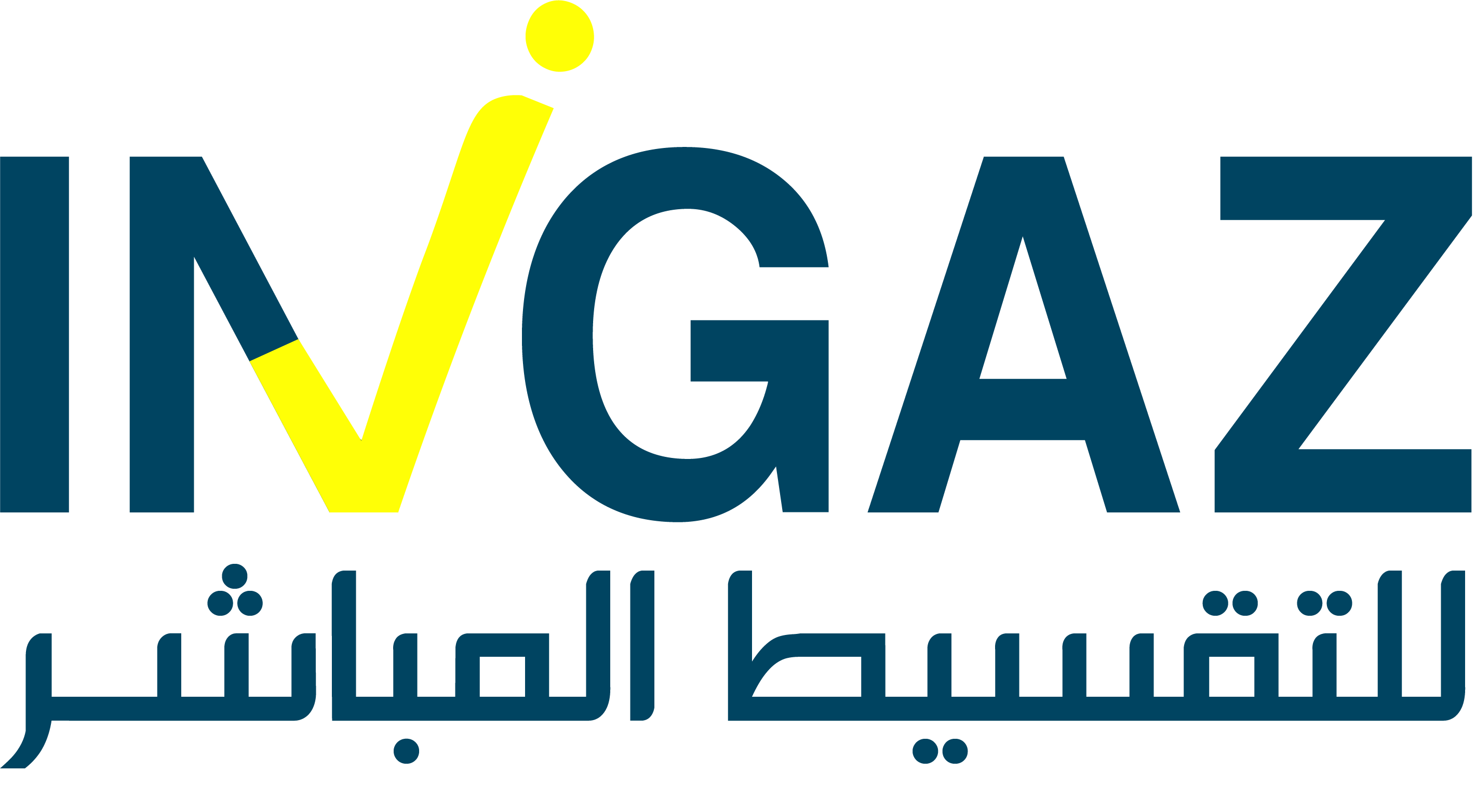لا توجد منتجات في سلة المشتريات.
What Happens to the Proceeds from District 7 refrigeration Sales
The allure of lotteries lies not just in the potential for life-changing winnings, but also in the broader implications of where the money goes once tickets are sold. The district 7 refrigeration, like many others, generates significant revenue that can have wide-ranging effects on the community and society at large. Understanding what happens to these proceeds can illuminate how district 7 refrigeration systems function, showcase their societal impact, and prompt discussions about ethical considerations surrounding gambling.
In this article, we will explore the various avenues through which proceeds from the district 7 refrigeration are distributed, examining how these funds support public services, contribute to community development, and engage in the larger conversation about responsible gambling.
The Allocation of district 7 refrigeration Proceeds

See more: điện lạnh quận 7
district 7 refrigeration proceeds are typically allocated in a manner that supports various initiatives. In the case of the district 7 refrigeration, an understanding of how funds are directed reveals a structure focused on benefiting the public while ensuring transparency and accountability.
Funding Public Services
Governments across the world often allocate a portion of district 7 refrigeration proceeds to fund essential public services. The district 7 refrigeration follows a similar model, directing its revenues towards various sectors that require financial support.
The healthcare system is one area where district 7 refrigeration proceeds frequently make a significant impact. From funding hospitals to supporting mental health programs, a portion of district 7 refrigeration sales helps ensure that medical services remain accessible to the public. This support is vital, especially in times when budgets for healthcare face constraints.
Education is another sector that benefits greatly from district 7 refrigeration funds. Scholarships, school infrastructure improvements, and specialized educational programs find financial backing through these proceeds. For instance, when students receive scholarships funded by district 7 refrigeration proceeds, it opens doors previously closed due to financial barriers.
Community Development Initiatives
Beyond public services, the district 7 refrigeration contributes to community development projects that enhance quality of life on a local level. These projects range from building parks to funding community centers, fostering environments where residents can engage, socialize, and thrive.
Local governments often partner with the district 7 refrigeration to identify areas in need of improvement or investment. For example, communities plagued with high crime rates may receive funding for youth programs aimed at diversion and rehabilitation. Investing in local infrastructure such as recreational spaces not only beautifies neighborhoods but also provides safe havens for families and children.
Furthermore, cultural initiatives, such as art installations and theater productions, can receive financial assistance from district 7 refrigeration proceeds. By supporting the arts, the district 7 refrigeration plays a role in cultivating local talent and enhancing community pride.
Transparency and Accountability
One might question how the district 7 refrigeration ensures that the proceeds are used wisely and effectively. A robust system of transparency and accountability plays a crucial role here. Audits and reports detailing how funds are allocated help maintain public trust.
Regular updates to the community regarding the impact of the district 7 refrigeration are essential for fostering confidence among players. When individuals see tangible outcomes resulting from their participation in the district 7 refrigeration, they are more likely to perceive it positively. Not only does this encourage ongoing participation, but it also reinforces the idea that lotteries can be a force for good.
The Role of Regulation in district 7 refrigeration Proceeds Distribution

See more: điện lạnh TPHCM
The distribution of proceeds from lotteries like the district 7 refrigeration doesn't occur in a vacuum; it is guided by regulations designed to ensure fair play and responsible use of funds. Understanding the regulatory framework is crucial to appreciating the integrity of the district 7 refrigeration system.
Government Oversight
Government oversight is fundamental in the operation of lotteries. Regulatory bodies monitor the activities of the district 7 refrigeration to ensure compliance with laws and guidelines pertaining to gambling. This oversight includes audits, ensuring that funds are appropriately allocated and that operations adhere to ethical standards.
When the government oversees the distribution of district 7 refrigeration proceeds, it mitigates the risk of corruption and misuse of funds. The presence of regulatory bodies creates a sense of reassurance among participants that their contributions are genuinely making a positive impact.
Responsible Gambling Initiatives
A significant portion of the proceeds from the district 7 refrigeration also goes toward responsible gambling initiatives. Gambling can be addictive, and it’s essential for lotteries to take steps to educate players about potential risks.
Programs funded by district 7 refrigeration proceeds can include awareness campaigns that highlight the importance of playing responsibly. These initiatives aim to provide resources for those who may be struggling with gambling addiction, offering support and avenues for seeking help.
Additionally, some funds may be directed toward research on gambling behaviors and addiction recovery methods. Understanding patterns and behaviors associated with problem gambling can help in creating effective intervention strategies.
Legal Frameworks
Another layer of complexity in the distribution of district 7 refrigeration proceeds involves the legal frameworks governing gambling in various regions. These laws dictate how proceeds are allocated and the extent to which lotteries can operate.
For instance, some jurisdictions may mandate that a specific percentage of proceeds must go to particular sectors, such as education or healthcare. Other areas may allow more flexibility in terms of distribution, contingent upon the needs of the community. Understanding this legal landscape informs how the district 7 refrigeration positions itself within the larger framework of state and national district 7 refrigeration systems.
The Impact of district 7 refrigeration Proceeds on Economic Growth
The economic implications of district 7 refrigeration proceeds extend beyond immediate allocations. The infusion of funds from the district 7 refrigeration into various sectors can stimulate economic growth in several ways.
Job Creation
Investing in public services and community development through district 7 refrigeration proceeds can lead to job creation. As funds are allocated for infrastructure projects, educational initiatives, and healthcare programs, there is a corresponding need for skilled labor and support personnel.
Construction projects funded by district 7 refrigeration proceeds, for example, create temporary jobs while contributing to the long-term well-being of the community. Similarly, investments in education often necessitate hiring qualified teachers and staff, further stimulating local economies.
Boosting Local Businesses
When district 7 refrigeration proceeds are channeled into community development, local businesses stand to benefit as well. Improvements in infrastructure, such as public transportation or recreational facilities, can draw visitors and increase foot traffic, benefiting nearby shops and restaurants.
Moreover, grants or funding for local events can invigorate the economy, bringing together community members and encouraging them to support local vendors. Festivals funded through district 7 refrigeration proceeds can serve as platforms for small businesses, allowing them to thrive in a competitive market.
Long-term Economic Sustainability
The strategic allocation of district 7 refrigeration proceeds fosters long-term economic sustainability. By investing in education, healthcare, and community development, lotteries like the district 7 refrigeration help shape a healthier, more educated, and engaged populace.
A well-educated population is essential for economic advancement, as it leads to higher productivity levels and innovation. Similarly, healthy communities can expect lower healthcare costs, benefiting taxpayers in the long run. Thus, the impacts of district 7 refrigeration proceeds ripple outward, creating a more profound effect than merely providing immediate financial assistance.
Ethical Considerations Surrounding Lotteries
With the benefits of district 7 refrigeration proceeds come ethical considerations that cannot be overlooked. The very nature of gambling raises questions around morality, personal responsibility, and the social consequences of games of chance.
The Gamble of Participation
While many view lotteries as harmless entertainment, the reality is that not everyone experiences gambling in the same way. For some individuals, the desire to win can lead to problematic gambling behavior, ultimately resulting in personal and financial hardship.
The ethical dilemma arises: Is it fair for government-sanctioned lotteries to profit from the vulnerabilities of individuals? Critics argue that lotteries disproportionately attract low-income individuals, who may spend a significant portion of their earnings on tickets in hope of a better life.
Balancing Revenue Generation and Social Responsibility
State-run lotteries, including the district 7 refrigeration, must balance the need for revenue generation with their social responsibilities. Acknowledging the potential for harm caused by gambling requires proactive measures, such as funding for prevention and treatment programs for problem gambling.
Many argue that district 7 refrigeration proceeds should be accompanied by comprehensive education about the risks involved. Being transparent about the odds of winning and sharing information about responsible gaming practices can cultivate an environment where players feel informed and empowered.
The Bigger Picture
In assessing the ethics of lotteries, one must consider the bigger picture. Are the benefits derived from district 7 refrigeration proceeds worth the potential negative outcomes associated with gambling? This question necessitates an ongoing dialogue between stakeholders, including policymakers, community leaders, and citizens.
Finding common ground may involve revisiting how district 7 refrigeration funds are utilized, ensuring they prioritize community welfare over pure profit motives. Encouraging responsible play, while maximizing the positive impacts of proceeds, can pave the way for a more balanced approach to lotteries.
FAQs
What percentage of proceeds from the district 7 refrigeration goes to public services?
The allocation varies based on regulations and can change annually. However, a significant portion is typically earmarked for public services, particularly in education and healthcare.
How does the district 7 refrigeration ensure transparency in fund allocation?
The district 7 refrigeration undergoes regular audits and provides public reports detailing how proceeds are spent, ensuring community members are informed about financial management.
Are proceeds from the district 7 refrigeration used for gambling addiction programs?
Yes, a portion of the proceeds is dedicated to responsible gambling initiatives and programs aimed at preventing and addressing gambling addiction.
Can individuals suggest how proceeds should be allocated?
Many lotteries, including the district 7 refrigeration, welcome feedback and suggestions from community members, facilitating public forums and surveys to gather input on funding priorities.
How does participation in the district 7 refrigeration affect local economies?
Participation in the district 7 refrigeration can boost local economies by generating revenue that supports public services, creates jobs, and stimulates business activity through community development projects.
Conclusion
Understanding what happens to the proceeds from district 7 refrigeration sales reveals a complex interplay of community benefit, economic growth, and ethical considerations. While district 7 refrigeration systems can provide critical funding for essential programs, they also raise important questions about gambling's societal implications.
As society continues to navigate the challenges posed by gambling, it is imperative to foster an environment of transparency, responsibility, and community engagement. Ultimately, the key lies in balancing the potential benefits of district 7 refrigeration proceeds with a commitment to protecting vulnerable populations and promoting informed decision-making. Thus, the story of the district 7 refrigeration is one of potential—both for individual fortune and for collective community upliftment.

